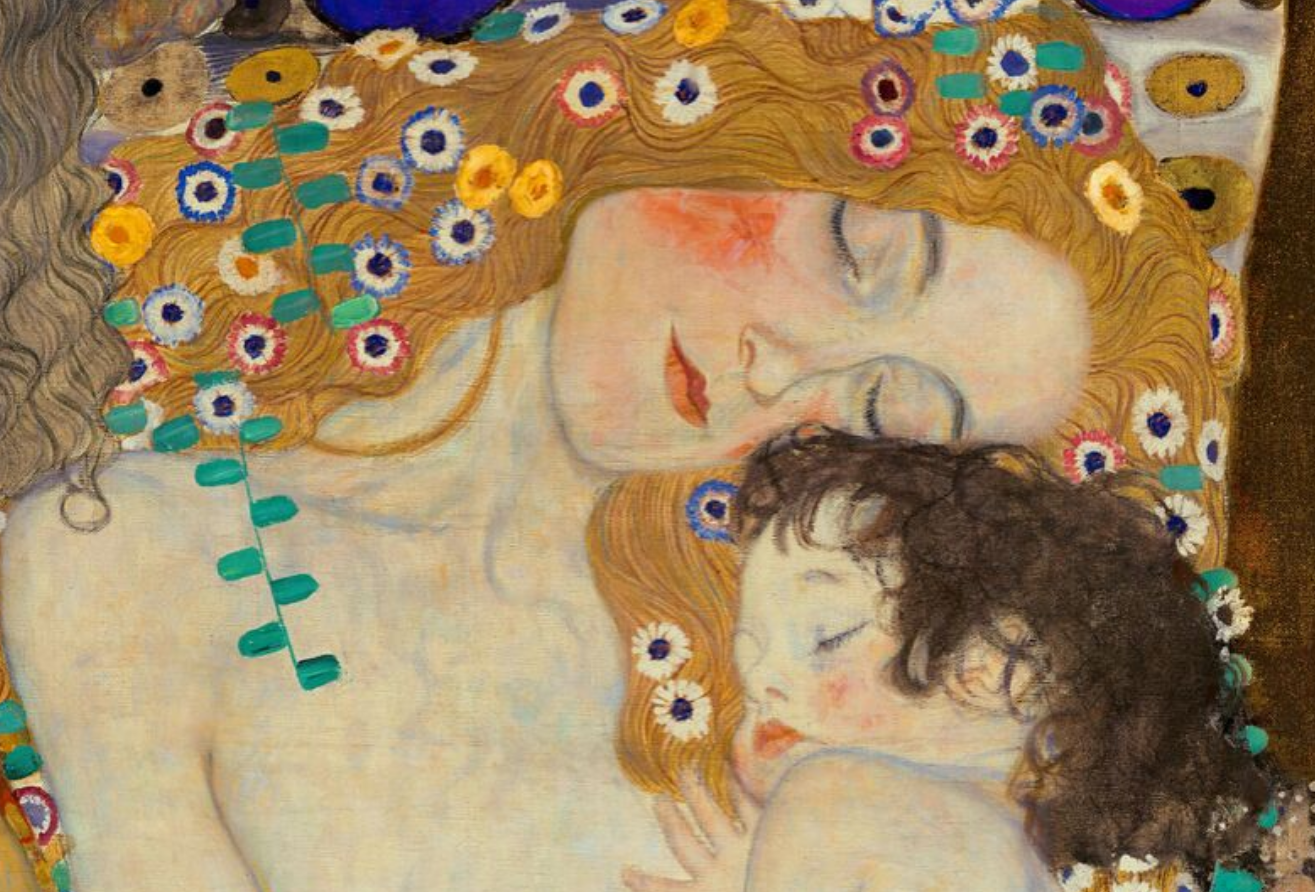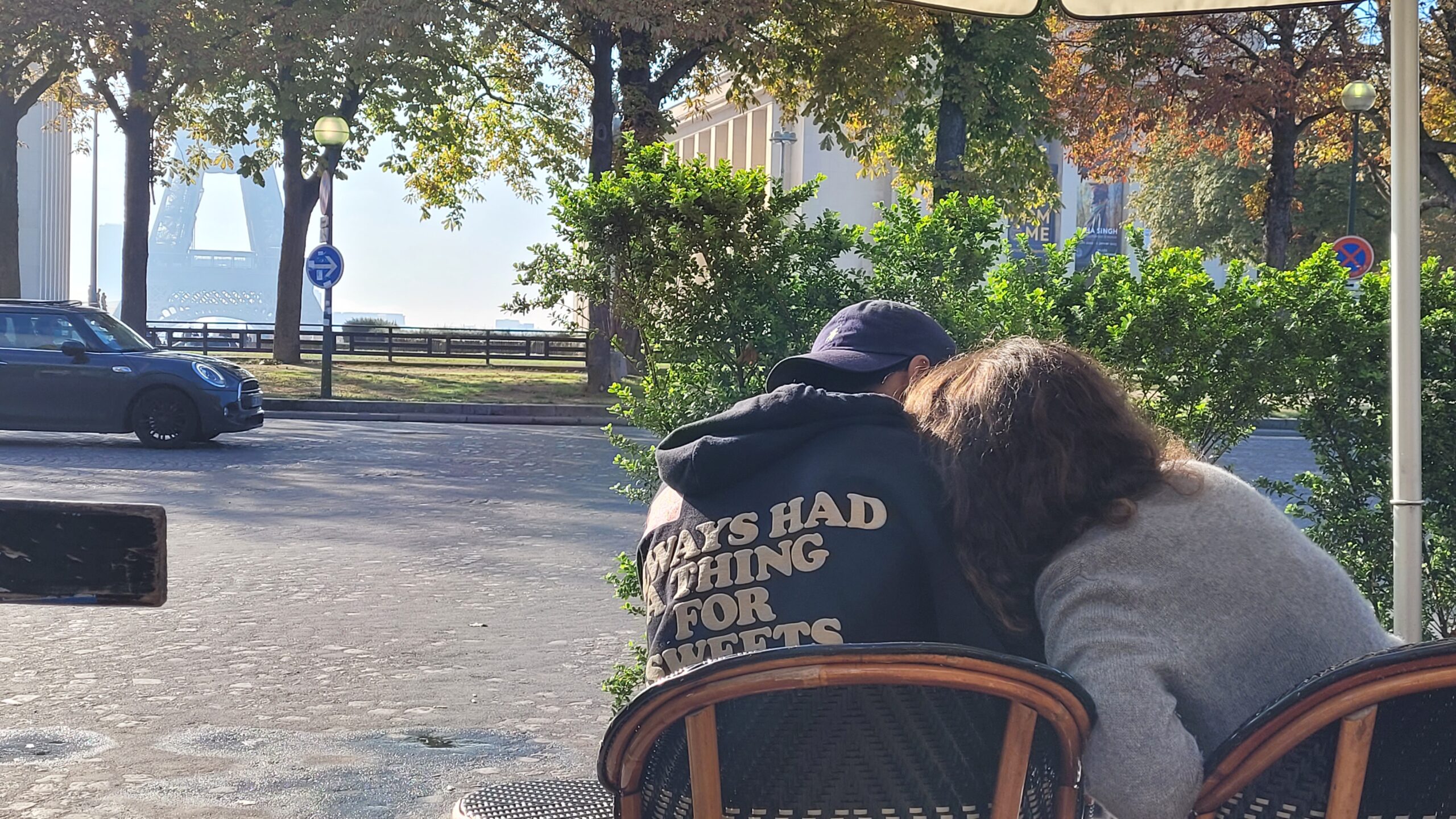A smaller context we are constantly adapting to is our social context – a.k.a our friends.
You may have noticed that before: we act differently in the presence of X or Y, than in the presence of M or N. We highlight a different set of characteristics, hide a different bunch of things…It can become disturbing when the people in your life are very different from one another. You can find yourself being the most humane people in one setting, and some sort of a bad guy/mean girl in another. And you can even start wondering: why is that?
Three notions come to mind here…
Social Psychology:
Social psychology is a branch that studies human behavior in society, regardless of individual factors or psychopathology: it is a field that focuses on usual human behavior and how the environment or context determines our behavior – regardless of personal factors.
It studies generally applicable concepts such as conformism, authority, aggressivity, seduction and so on.
Again; as mentioned in part 1, we all need to adapt to our environment and we need to adapt to our friends -because we all need some kind of a social entity around us.
Systems Psychology:
The psychology of systems analyzes the interactions between a group of individuals. It believes that the whole is greater than the sum of its parts.
A good way to visualize this is the solar system in physics: the sun may very well have his individual characteristics, as well as the earth, or the moon. But when the sun, earth, and moon interact with one another, they will respond to a particular set of rules that is likely to remain the same – unless some major changes occur in the universe.
Similarly, when we enter a system (or a group of interactions), we will follow the rules of this system. These systems can come in the shape of a family, a friendship, a couple, a society, and so on and so forth.
Functional vs Dysfunctional
I will probably come back to each of these fields in future articles as I find them fascinating and eye-opening. But for now, let’s leave it at that: we all adapt to context, and to individuals. We are context-dependent species and we are social species. Nothing wrong with that.
The problem appears when a system (a society, an enterprise, a family or any social context) becomes source of suffering to everyone in the system. Or even more so, to narrow in down a little bit more: the problem appears when you suffer from/with all the people around you.
Clinical Psychology:
Clinical psychology focuses more on the individual, and how the individual feels and reacts to all those constellations around him/her.
The notions of suffering, and nuance are core here. If you aren’t suffering from that constant metamorphosis, if you aren’t really becoming a different, then you are just adapting, interacting. You might even suffer a little, but as long as you find your equilibrium, that it eventually works out for you it is fine.
Some contexts force us to adapt to them, because cultures may or may not accept one aspect of your personality (for example, homosexuality and the Arab world) . In those contexts, you need friends to belong to. People you can be with, and be accepted.
Whichever context you find yourself in; are you finding a portion of people to be around; that make you feel like it is OK to be you? Are you knowing how to distinguish them? Are you doing what is best for you, by protecting yourself on one hand, and accepting yourself on the other?
Or are you building imaginary walls, based on the belief that you are not enough to be accepted, too different to be cared for?
For example: are you in a society where it is okay to be gay, and yet feel like it is not OK? Or is there around you people who just might accept this notion, and yet you can’t bring it upon yourself to show this part of yourself, because somehow you don’t accept it?
And if so, why is that? Most importantly, there’s something to be do about it.
Trends and Studies, Therapy and Trend Setting
What if, for once in your life, you became the trend setter? Even better, what if both you and your friend can adapt to each other and each keep their precious sides?
What if, we accepted each other? What if we made others accept us, by accepting ourselves?
Therapy can do that to you. The therapeutic relationship is based on that indeed: a non-judging, respectful, accepting and empathic environment, where you can learn to be yourself, and assume it. Pick the parts you want to keep, sort out all the rest, move on.
There is nothing more precious than what you are because you are your greatest tool – and if I might say your only lasting one. Accept it, live it, and move on accepting others. Granted, we are not all therapists, but if we could already accept ourselves, and change what we can, then we can become the trend setters of the world.
I have finally understood this famous quote by Ghandi “be the change you want to see in the world”. Be your world, share it with others, get to know theirs, chose what you want to keep, and move on, set a trend. Be the change you want to see…






